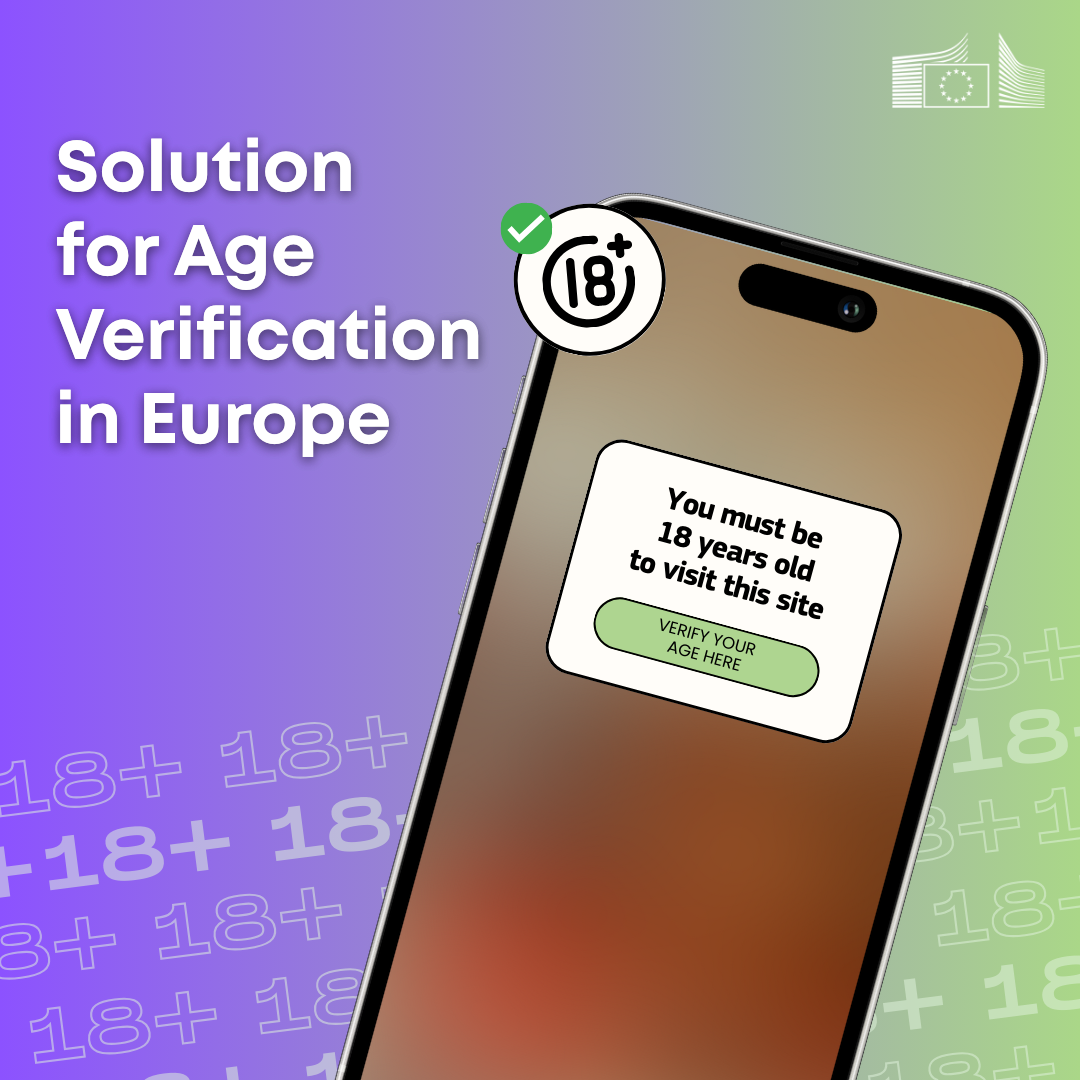@EUCommission@ec.social-network.europa.eu Stupid question about this, that hopefully someone more versed in security than me might know.
The protocol description mentions that the first version is going to use batching and after that going to move to a ZK proof but... Wouldn't this particular case work well with a single batch for everyone?
For example, you would authenticate in an app/website and get the current global "adult PIN" (rotating every 10 minutes or something). Kind of like TOTP, but not really (as it's not one time and is shared by everyone).
I'm sure I'm missing something, but what would be the limitations of this vs the proposed solution?
I can think of code sharing, but if the refresh window is small, is that so much different than sharing the content itself?
Even if a website decided to start distributing the codes openly, wouldn't that just be the same as if someone setup an adult proxy or a site without an age gate?
